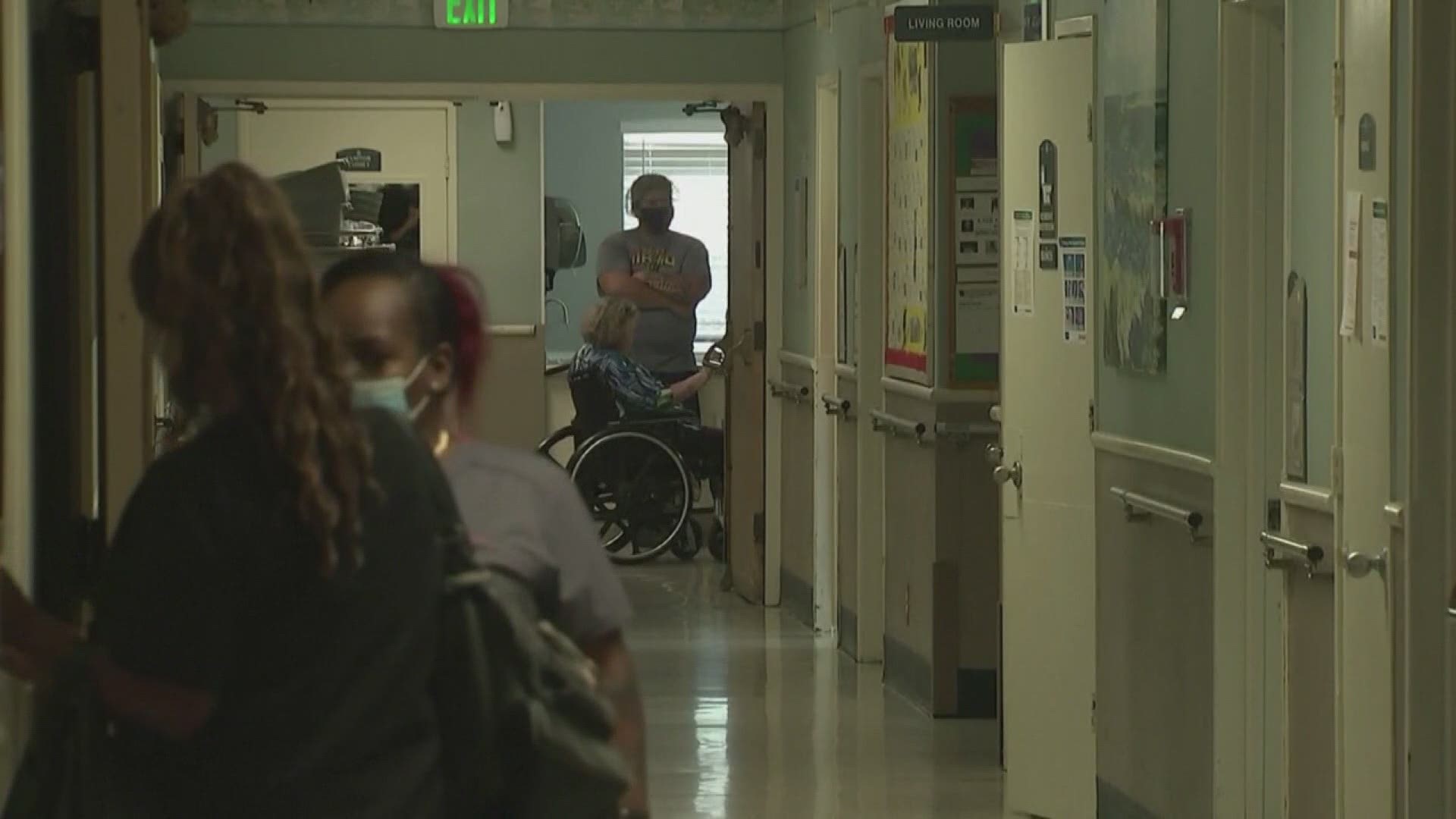At the end of August, after residents or family from 37 senior living facilities filed complaints with the Michigan Attorney General's office over a $900 COVID-19 fee, Attorney General Dana Nessel sent 11 facilities cease and desist letters.
The attorney general's office said in a statement that an official with one of the companies said the fee was to offset the increased costs attributed to the COVID-19 response. However, this violated the Michigan Consumer Protection Act, Nessel said.
“This pandemic has caused financial strain for many people and businesses in Michigan, but that does not provide companies with the right to impose unauthorized costs on their customers and clients – especially those in our senior communities and others who are already living on a fixed income,” Nessel said. “As Attorney General, I am bound by duty to ensure our laws are enforced, and it as my responsibility to protect our vulnerable populations and all Michigan residents from unlawful actions.”
Nursing homes become hot spots for coronavirus when the pandemic struck. Donna MacKenzie, a Michigan Nursing Home Abuse Lawyer, said facilities received funding from the state and federal governments to care for COVID-19 patients.
"The numbers and the reality are the highest number of cases and the highest number of deaths have unfortunately occurred in nursing homes," she said. "There were facilities that got $5,000 dollars to agree to accept COVID patients, and on top of that they receive reimbursement, hundreds of dollars a day.”
In Michigan, a total of 8,301 nursing home or longterm care residents tested positive for COVID-19.
Diane Buikema said her mother-in-law's West Michigan nursing home would start charging a $350 fee to take her out on social calls.
“I questioned them further and said okay so, if she had gone to the doctor or something would you charge her? They said ‘oh no its only for social visits," Buikema said.
MacKenzie called that additional charge "outrageous and unacceptable.”
Jamie Hochman Herz is counsel to the Michigan Long Term Care Ombudsman Program. She says typically when a nursing facility wants to increase the cost of living, they must provide residents with 30 days notice.
“People hear that they have to pay this money and they think, 'well I just have to pay it I have no other choice or I’m gonna get kicked out of my facility, and that’s not true,'" said Hochman Herz. "Residents have contracts that they sign when they are in these facilities. And many of these contracts say 'if you’re going to make a change to the amount that a person has to pay, you have to give them a 30 days notice.'"
The facilities issued cease and desist letter had 10 days to respond or face a formal investigation from the state's attorney general.
“You need to advocate for your loved one," said Buikema. "Because they’re not all understanding what’s going on other than they are lonely and have nothing to do.”
To report a complaint or to be connected with legal representation, contact the Michigan Long Term Care Ombudsman Program call the toll-free number (866) 485-9393.
RELATED VIDEO:
►Make it easy to keep up to date with more stories like this. Download the 13 ON YOUR SIDE app now.
Have a news tip? Email news@13onyourside.com, visit our Facebook page or Twitter. Subscribe to our YouTube channel.


